The Forgotten Story of Amanda Thorp: Nickelodeons and Black Vaudeville in Richmond, VA
When I first looked at our building located at 18 W Broad, I KNEW it would be mine. It was so strange, especially because it wasn't even for sale, but I felt a cosmic connection of sorts. I couldn’t make sense of it - and I couldn’t let it go. A 2 1/2 year-long story made short, I bought the building and reached out to a Richmond historical page on Facebook and asked for help to discover its history. That’s when I met Kathi Wong.
Kathi initially started researching the building, which has a wonderful history of it’s own…but it didn’t take long before a story began to unravel about an early occupant of the building - Amanda Thorp.
Here’s what Kathi wrote after our first meeting…
“A social media post showed up in my feed in the midst of the COVID-19 pandemic one day in January 2021. Jennifer Raines had recently purchased the building at 18 W. Broad Street in Richmond at the intersection of Brook Road, and wanted to know more about the building’s history. She knew, she wrote, that it had once housed the Dixie theater, a Nickelodeon, but wondered what else there was to know about it.
As an avocation, I enjoy researching the history of buildings, and so I responded to her that I’d be glad to take a look and see what I could find. Soon after, I forwarded an article to her that I had found after quickly searching newspaper archives website. Headline, “Charles, A. Somma, Sr. Dies Here After a Short Illness, “ it noted that, after getting his start in business, in his father’s Richmond ice cream shop, “soon became interested in the amusement field and opened the Dixie theater at Brook Avenue and Broad Street in 1912.”
That was easy, I thought. The only trouble was, it was wrong.
What followed was a year long unraveling of what the Dixie theater was and, as the information revealed itself, a sense of diminution, and sometimes outright erasure of the accomplishments of the woman, Amanda Thorpe, who actually started the theater, the first in Richmond, dedicated to showing (silent) movies. The full story of the theater is really the story of Thorp, herself, and includes themes of perseverance, in the face of many challenges, unusual relationships, and a remarkable story about the presence of early black vaudeville in Richmond.”
After two years of research and collaboration, I’m overjoyed that the story has been turned into a book!
In an era of online streaming, it may be difficult to recognize the importance of a woman who in 1908 established the first moving picture theater in Richmond, Virginia: the Dixie nickelodeon ~ located at 18 W Broad. But Amanda Thorp, an independent, self-made woman, was on the ground floor of a popular culture that would grow to be enormously influential in our modern era. In Nickelodeons and Black Vaudeville: The Forgotten Story of Amanda Thorp, Kathi’s extensive archival research uncovers Thorp’s extremely impressive contributions not only to moviegoing and its growth in America, but also perhaps even more surprisingly, her support of early Black entertainment in the Jim Crow South.
Movie theater entrepreneurs like Amanda, who got her start at her Wonderland Theater in Bucyrus, Ohio, helped create our culture’s insatiable appetite for film. But it was after she established the Dixie in Richmond, that Thorp—an enterprising White woman my age—also saw a market for providing Black-centric entertainment. She converted the Dixie to all-Black patronage and began to bring in scores of Black vaudeville acts. Later, she conceptualized and built the Hippodrome Theater, in the heart of Richmond’s now-historic Jackson Ward, expressly for Black entertainment. The Hippodrome went on to be dubbed “the Harlem of the South”. Thorp developed many other venues in Richmond that brought in tens of thousands of patrons over the years and which were widely admired for their elaborate trappings. Even the beloved Byrd Theatre wouldn’t exist without Amanda Thorpe.
Thanks to Kathi’s research, readers can now benefit from the story of Amanda Thorp, a woman who amidst severe gender role constraints not only claimed social capacity on the crest of a rapidly growing industry but also contributed to the success of early Black vaudeville and Richmond entertainment history as a whole.
Together, Kathi and I hope that Richmond entertainment history will stand corrected and Amanda Thorp will finally be recognized for her immense contributions to our city.
Help us support the legacy of Amanda Thorpe by purchasing a discounted copy of the book HERE.
Contact us:
Kathi Clark Wong - www.richmondnarratives.com
Jennifer Raines - jenn@kinksandquirks.com


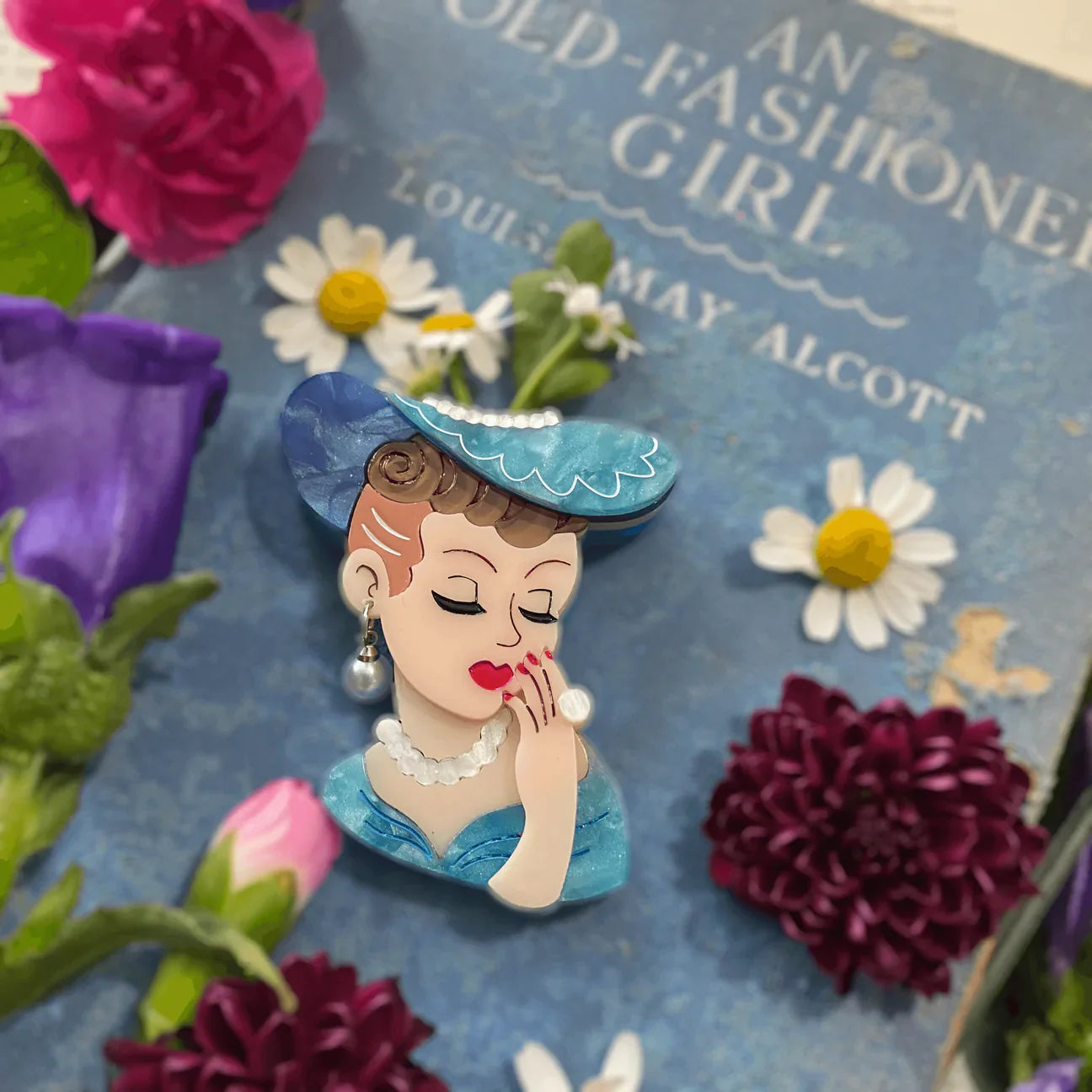 Jewelry
Jewelry Shop All
Shop All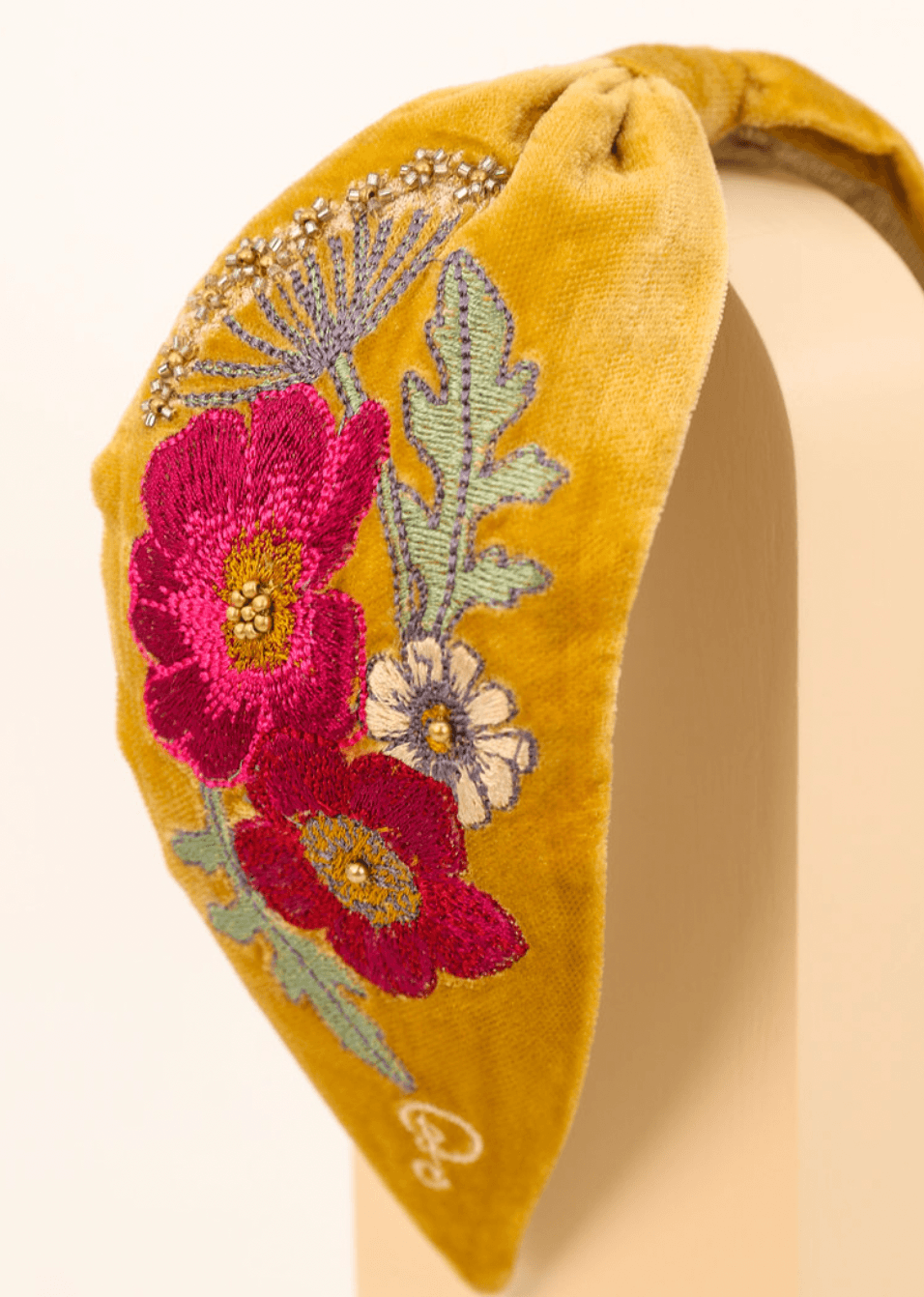 Vintage-Inspired Accessories
Vintage-Inspired Accessories Clothing
Clothing












 Spring Art Gathered Traditions Dolls
Spring Art Gathered Traditions Dolls  St. Patrick's Day
St. Patrick's Day Easter
Easter Valentine's Day
Valentine's Day










 ALL CHRISTMAS
ALL CHRISTMAS Patience Brewster Christmas
Patience Brewster Christmas Lori Mitchell Christmas
Lori Mitchell Christmas Bethany Lowe Christmas
Bethany Lowe Christmas Very Vintage Christmas
Very Vintage Christmas Felted Whimsy Christmas
Felted Whimsy Christmas Shiny Brite
Shiny Brite Bottle Brush Trees
Bottle Brush Trees December Diamonds Christmas
December Diamonds Christmas Johanna Parker Christmas
Johanna Parker Christmas Cody Foster Christmas
Cody Foster Christmas Nativity
Nativity Katherine's Collection Christmas
Katherine's Collection Christmas Hollywood Nutcrackers by Kurt Adler
Hollywood Nutcrackers by Kurt Adler Zombinaland Art Dolls
Zombinaland Art Dolls PINKMAS
PINKMAS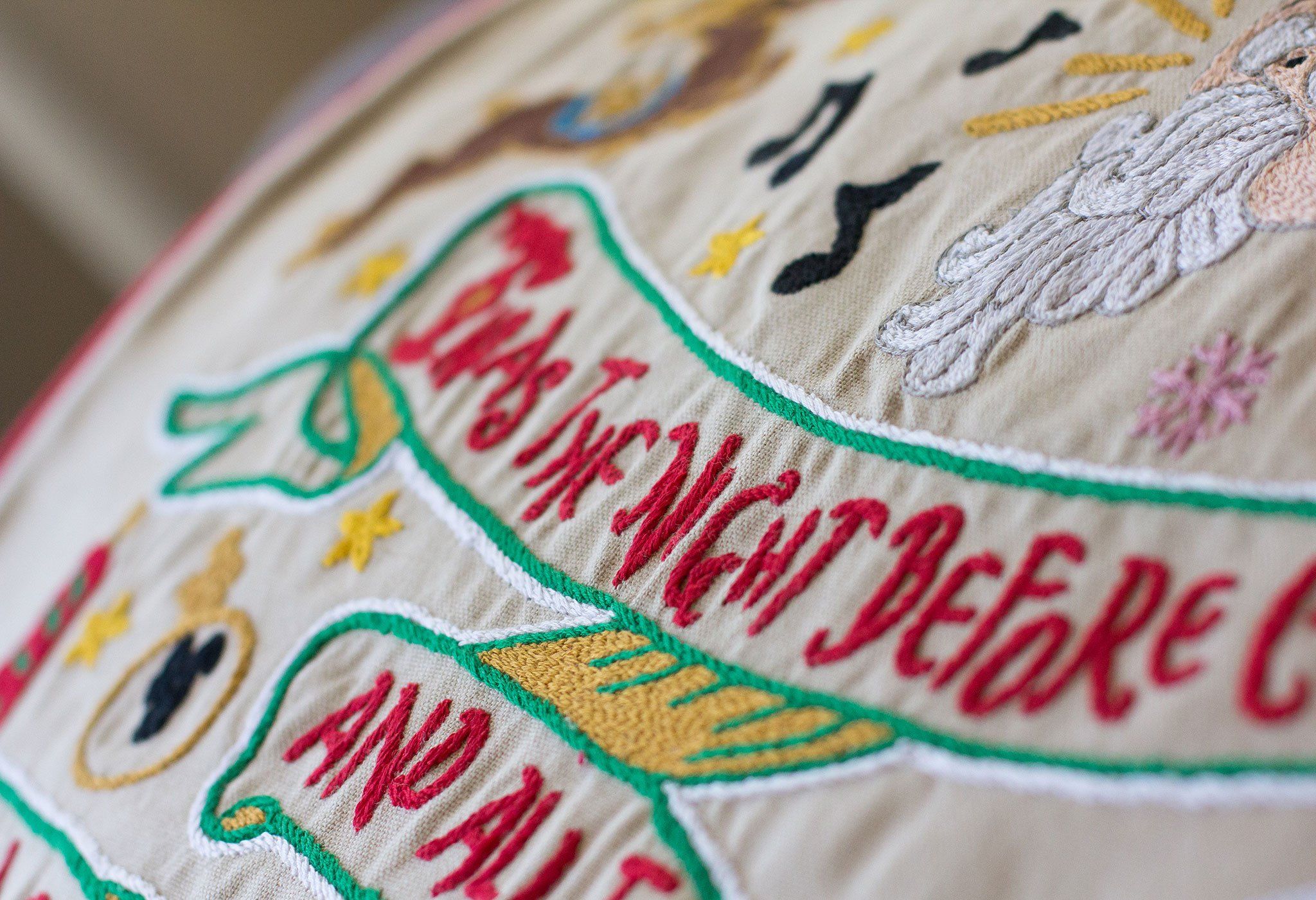 Christmas Pillows
Christmas Pillows Christmas Jewelry
Christmas Jewelry Christmas Gathered Traditions Dolls
Christmas Gathered Traditions Dolls













































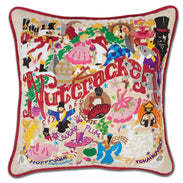
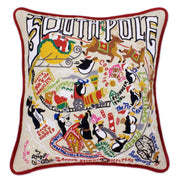





 Fable England Enamel Jewelry
Fable England Enamel Jewelry ChickenScratch Art Jewelry
ChickenScratch Art Jewelry Erstwilder
Erstwilder Laliblue
Laliblue CherryLoco
CherryLoco Splendette
Splendette Handbags
Handbags Rosie Rose Parker
Rosie Rose Parker Makokot Design
Makokot Design Lost Kiwi Designs
Lost Kiwi Designs Acrylic Resin Jewelry Essentials
Acrylic Resin Jewelry Essentials Blind Boxes
Blind Boxes





























 Gathered Traditions Dolls by Joe Spencer
Gathered Traditions Dolls by Joe Spencer Clocks
Clocks Atomic Home Decor
Atomic Home Decor Floor Vinyls
Floor Vinyls Pillows
Pillows Wall Art
Wall Art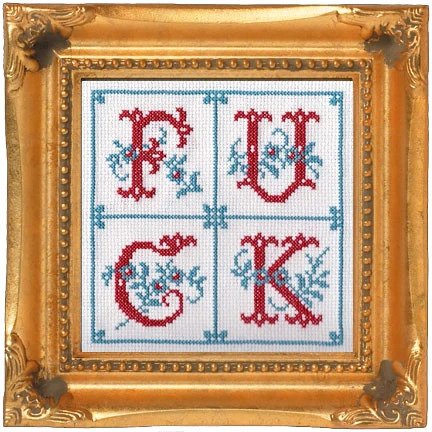 Subversive Cross Stitch Kits
Subversive Cross Stitch Kits

















